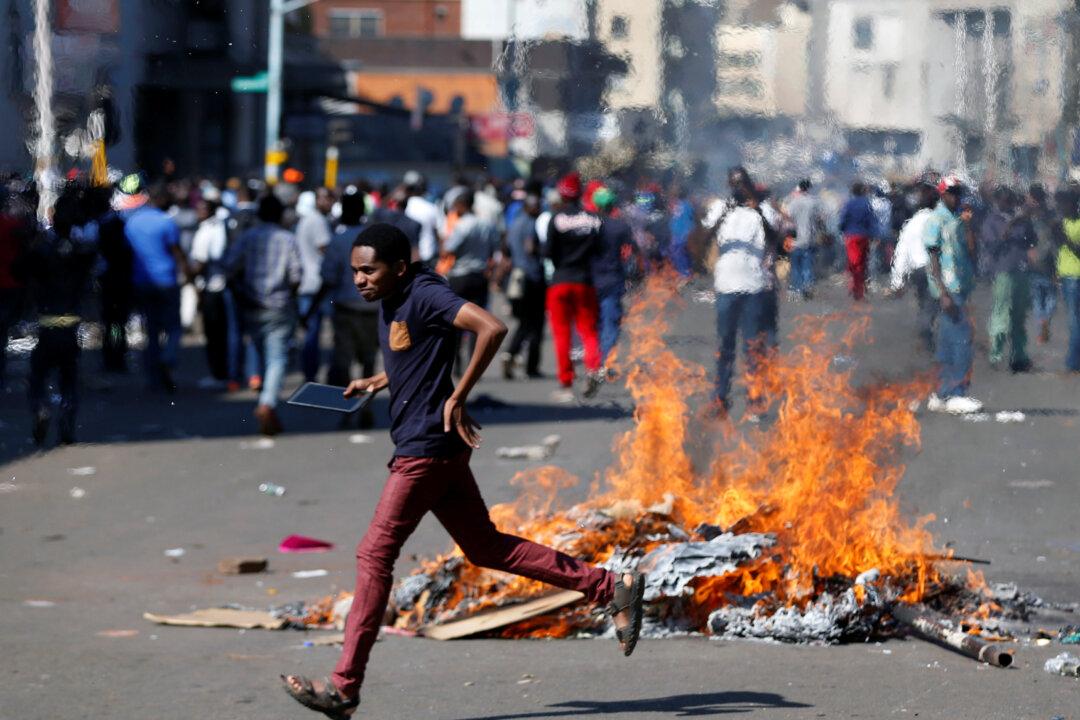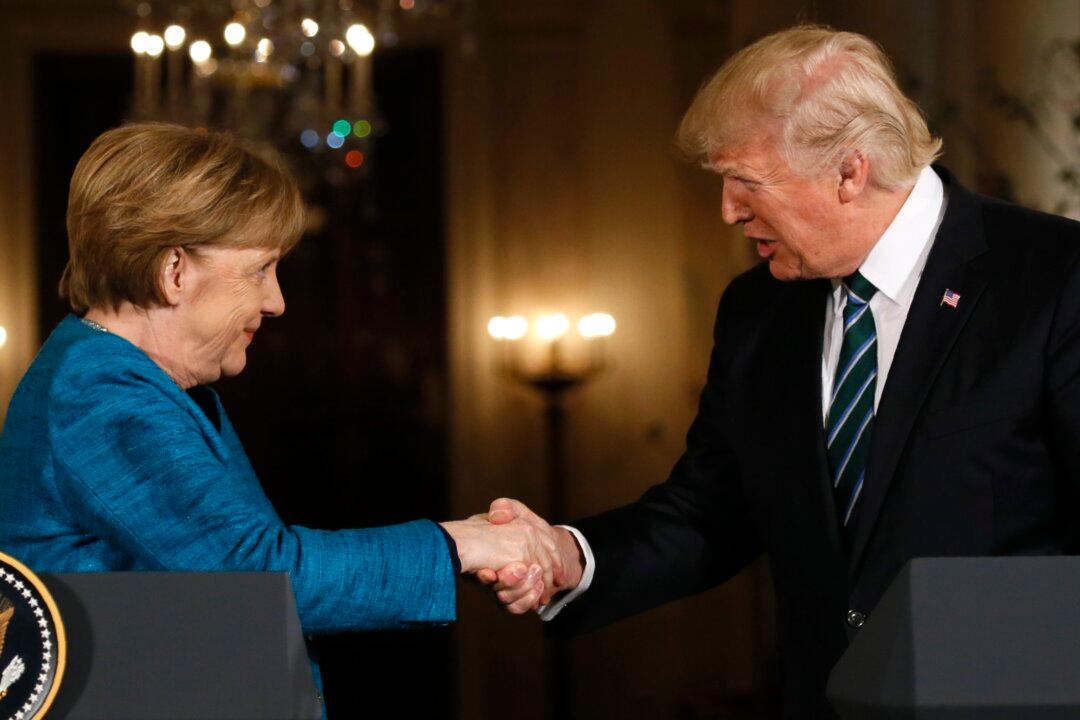Robert Mugabe, Zimbabwe’s leader from 1980 to 2017, has become a sad symbol of despotism and self-enrichment. The regime that he and his coterie put in place transformed Africa’s breadbasket into a tragic wasteland of hunger and malnutrition, disease, and hyperinflation. The “robbery despotism” system operated with total disregard for any rule of law.
After his removal at the end of 2017, democratic elections this July were supposed to change this—they haven’t.
Prince Michael of Liechtenstein is the chairman of trust company Industrie- und Finanzkontor Ets. as well as the founder and chairman of Geopolitical Intelligence Services. This article was first published by GIS Reports Online.
Author’s Selected Articles





